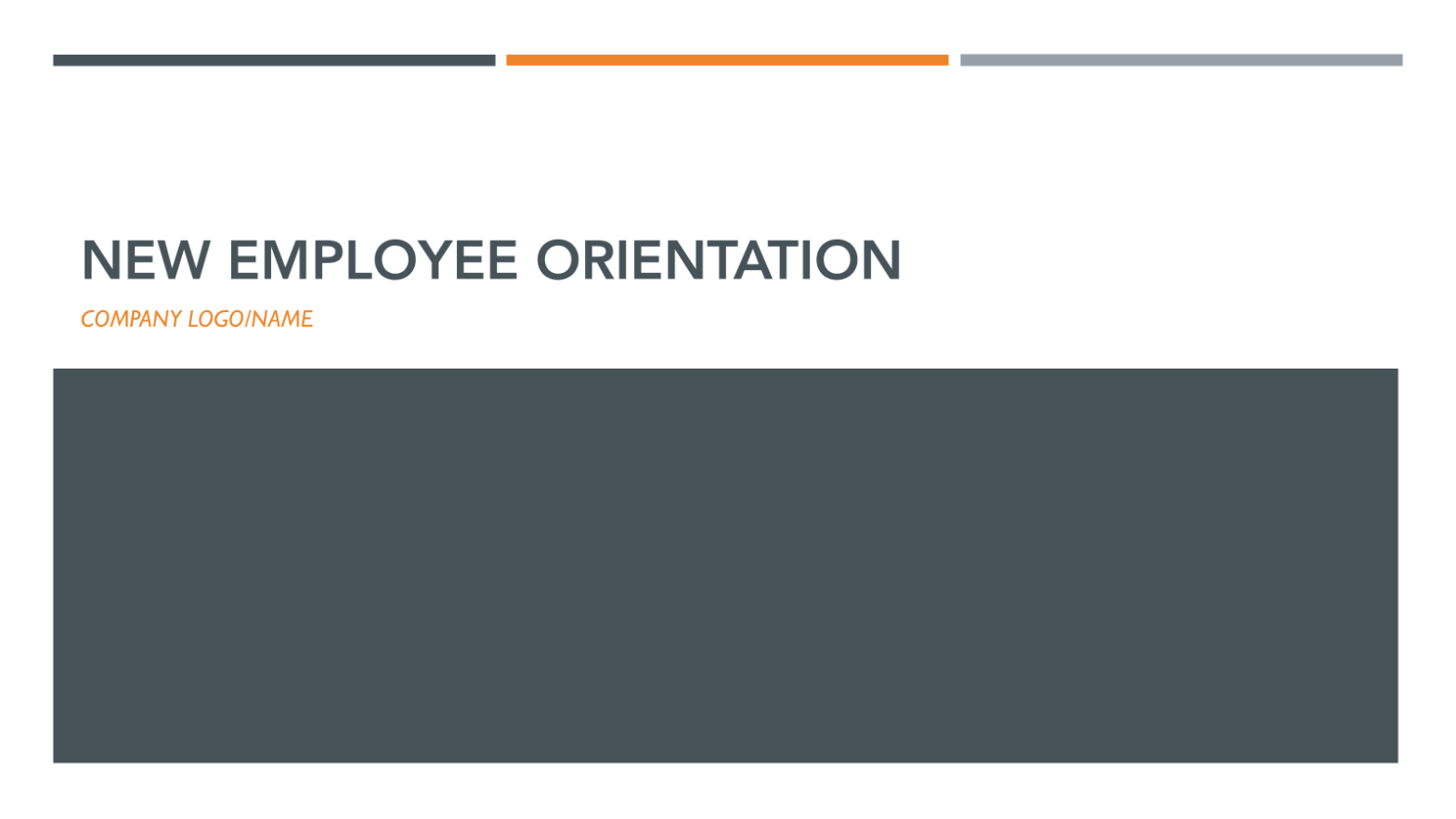August 25, 2023
It’s no secret that labour shortages continue to make finding and retaining skilled employees a challenge for tourism and hospitality employers across BC, particularly for culinary, housekeeping and front-line management positions.
As industry employers continue to compete for top talent, it is key to understand, position and communicate what your total compensation package is. But what is Total Compensation and how can business owners maximize their total compensation packages to meet employee needs of both current and prospective employees? Here are a few tips to get you started:
What is Total Compensation?
Total compensation refers to more than just the hourly wage or annual salary that an employee is paid. Components of compensation are typically Salary or Wage, Perks & Benefits, and Incentive based rewards and these together make up the total compensation a person receives from the business in exchange for their efforts and contributions to the business. Let’s look more closely at each component:
1. Salary or Wages
- Typically comprise 70-75% of the total compensation package
- Use relevant regional labour market information and regional wage survey benchmarks to arrive at a ballpark of competitiveness
2. Benefits & Perks
Examples:
- Health & Wellness benefits
- Income protection programs such as EI, CPP & WCB
- Education, training and professional development allowances
- Flexible work schedules & social activities
- Transit passes
- Employee and family discounts
3. Incentive-based rewards
Examples:
- Signing, retention or end-of-season bonus
- Performance incentives
- Service recognition awards
It is critical to note that total compensation is not all about spending money. Rather, finding the best return on investment requires understanding and balancing the needs and values of your employees with what the business is able to afford and provide in a long-term sustainable way. There are many ways to provide an attractive total compensation package that isn’t focused solely on increasing wages.
How can business owners ensure that their total compensation package is competitive?
1. Understand what your employees value. If you’re not sure what your employees value, ask them. Be upfront and let employees know that while all suggestions are appreciated and will be considered, you may or may not be able to offer all of them.
- A younger worker or student may value meal discounts or a seasonal pass over RRSP contributions & health benefits. A more mature worker might think the opposite.
- Seasonal staff may appreciate local transportation passes, where as local employees with vehicles would not receive the same value from the same benefit.
- Career focused supervisors or managers may value professional development opportunities more than longer tenured employees who are moving towards retirement.
- Seasonal staff and newcomers to Canada may value social events and opportunities to connect with each other and their community through staff events or local volunteer opportunities.
- Seasonal or shorter-term staff may be more motivated by retention bonuses and financial incentives as they maximize their earnings before moving on to their next adventure.
2. Consider the following additional questions:
- What is currently being offered in regards to total compensation?
- How well do your employees understand, use and value their current total compensation? That is, do they assign a value to perks you give? And if not or you’re not sure, how could these values be communicated?
- Are there any changes that could be made to better meet business needs, while staying within budget?
- Have you consulted relevant regional labour market information and regional wage survey benchmarks to arrive at a ballpark of competitiveness related to wages or salaries?
Inexpensive Total Compensation Examples
You don’t have to offer budget breaking celebrations for employees to feel recognized and valued. Here are a few examples:
Service Recognition Awards & Staff Events. Bring employees together and show appreciation in ways that are meaningful to them. Offer tenured employees a choice of gifts (pre-determine the choices based on their length of service), post public kudos on your business’s social media channels with the employee’s photo (if employees are comfortable with it) and/or take time during a staff meeting to share a few reflections about the employee’s accomplishments and contributions to the business.
Bring employees together by hosting social events at a local event or venue. Provide a few snacks or encourage others to bring items to share.
Employee, Friends and Family discounts. Encourage employees to experience your tourism or hospitality business as a guest and share their pride in their workplace by offering discounts for their friends and family. In some cases, this may be an opportunity for employees and their guests to experience offerings that would otherwise be out of reach. Offer discounts during periods of lower business volumes when employees will be able to take time off to use them and lessen the impact and cost to the business.
Workplace Flexibility. As personal priorities continue to shift in a post-pandemic workforce, workplace flexibility has become a new and sought-after perk. Because of the nature of the industry tourism and hospitality employers are better positioned to offer flexibility than other more traditional industries. Consider adjusting and adapting work schedules, shift times and tasks/responsibilities in order to attract and retain skilled employees. For workers this can be priceless and, with no direct hard cost for employers, be the difference between employee retention and a resignation.
Communicating Total Compensation
Deciding on a competitive total compensation structure that is valued by employees is a great start, but not the end of the road. In order to positively impact recruitment and retention, businesses must communicate their offerings to current (and prospective) employees. Some common ways to do this are:
- Include a breakdown of total compensation in job postings
- Communicate details during new employee orientations
- Share the information across company channels (email, bulletin boards, chat groups…)
- Provide an annual Total Compensation Statement to all employees
Also, be sure to remind current employees about the benefits and perks available to them. Benefits such as Employee Family Assistance programs (EFAP) and paramedical coverage (massages, counselling and nutritionist coverage) tend to get overlooked or forgotten about over time.
A business that ensures its total compensation package is competitive in the marketplace is valued by its employees and clearly communicated and understood by workers & job candidates will enjoy an advantage in the labour market.
Return to top

